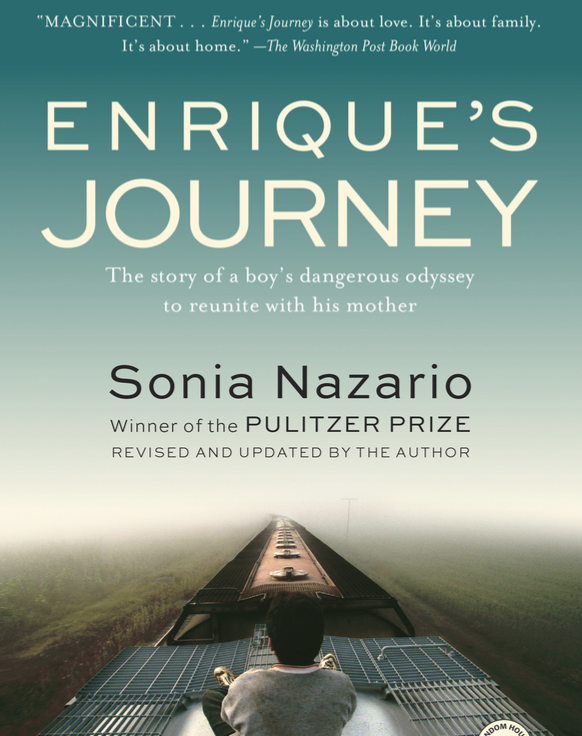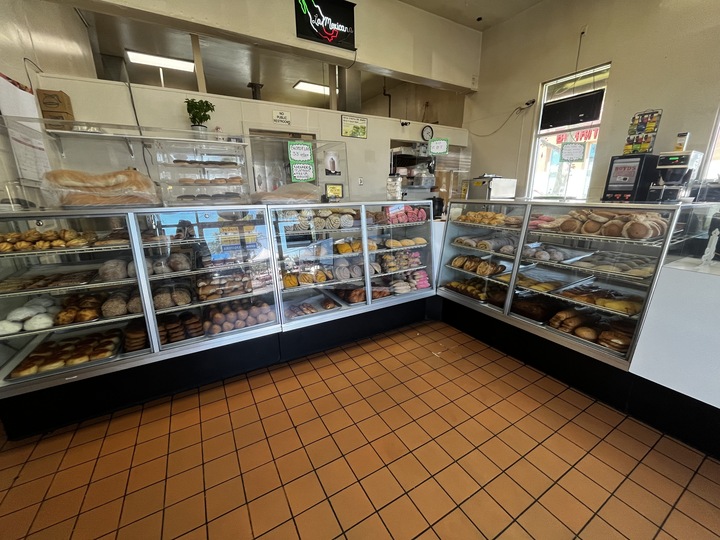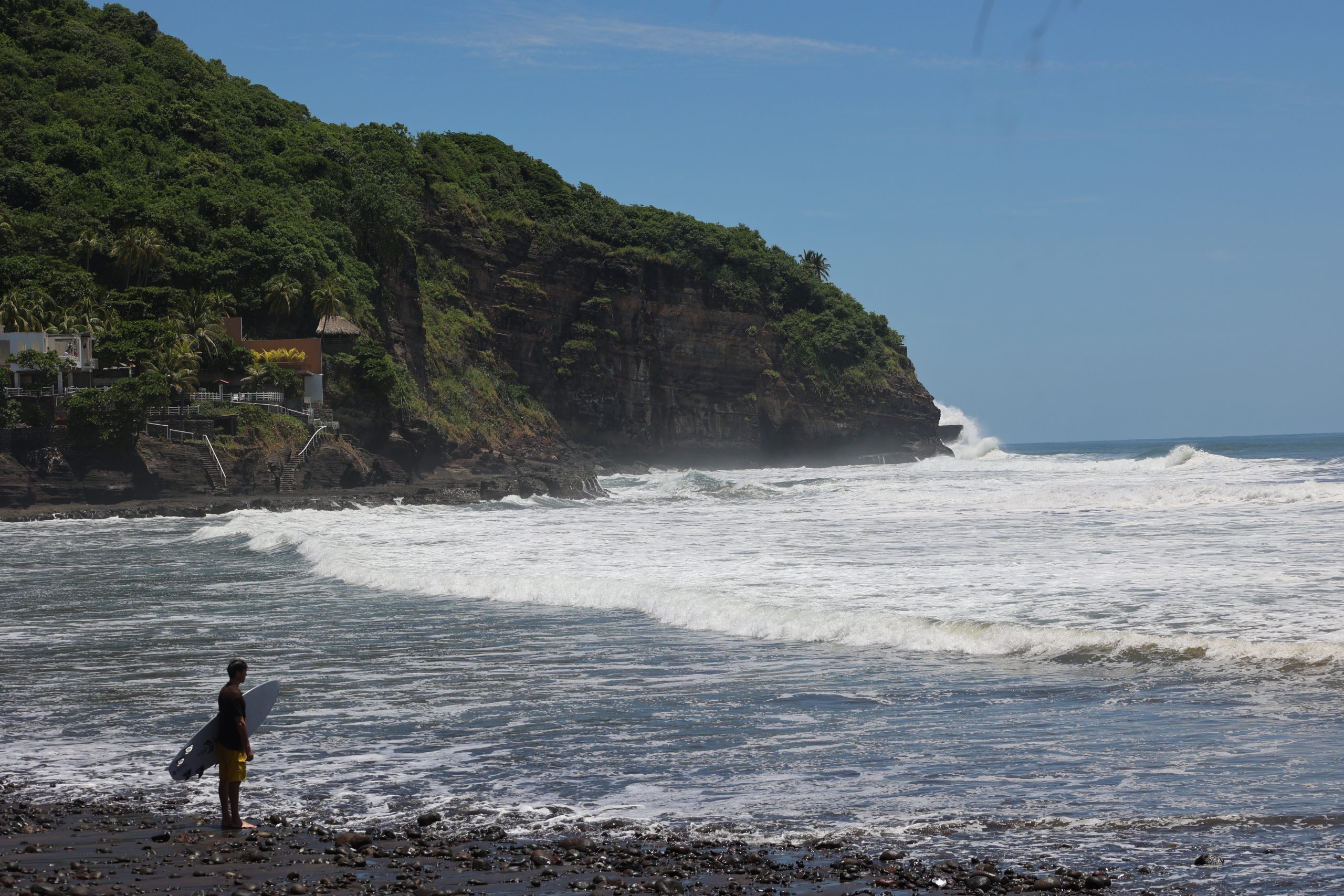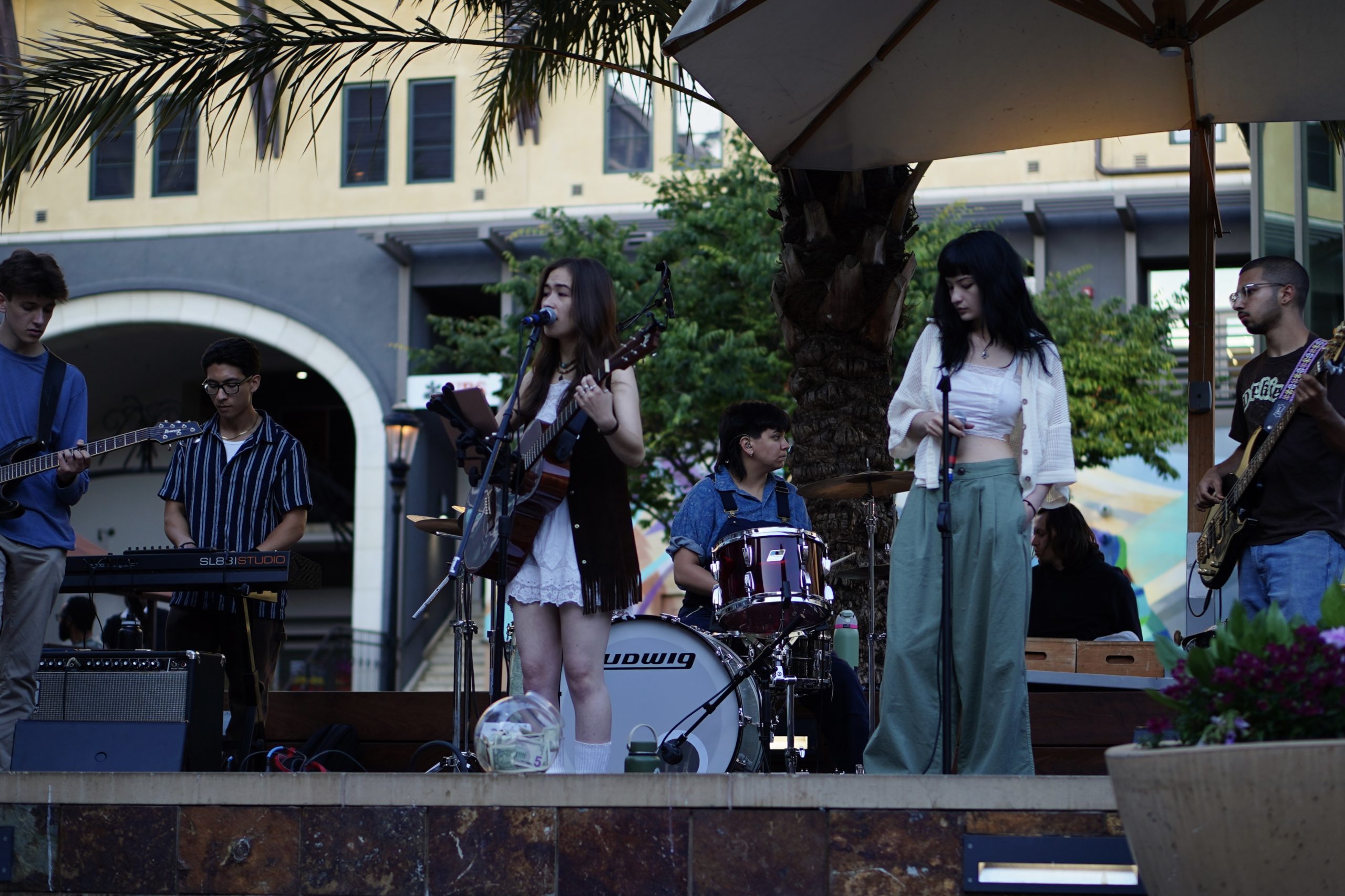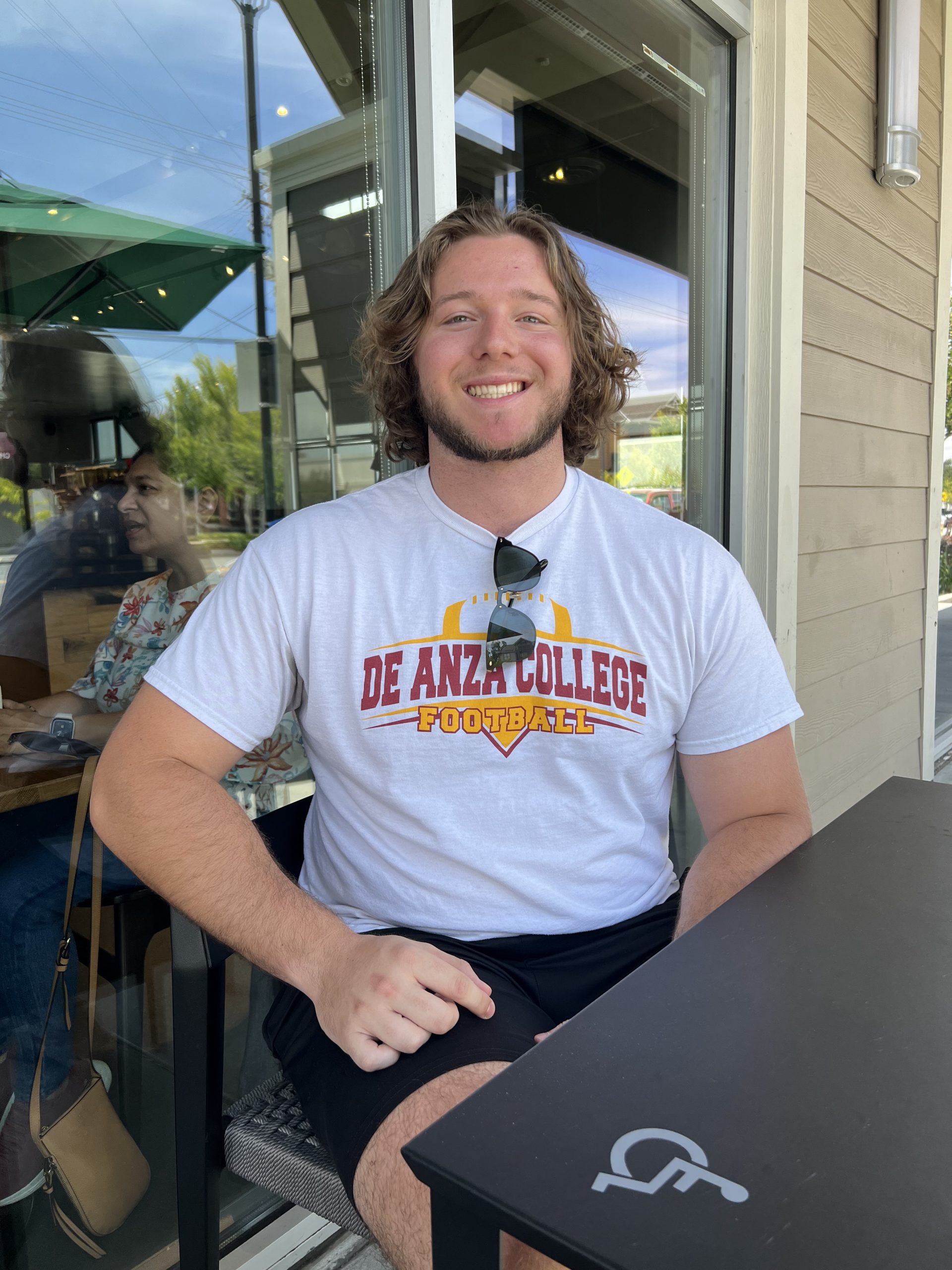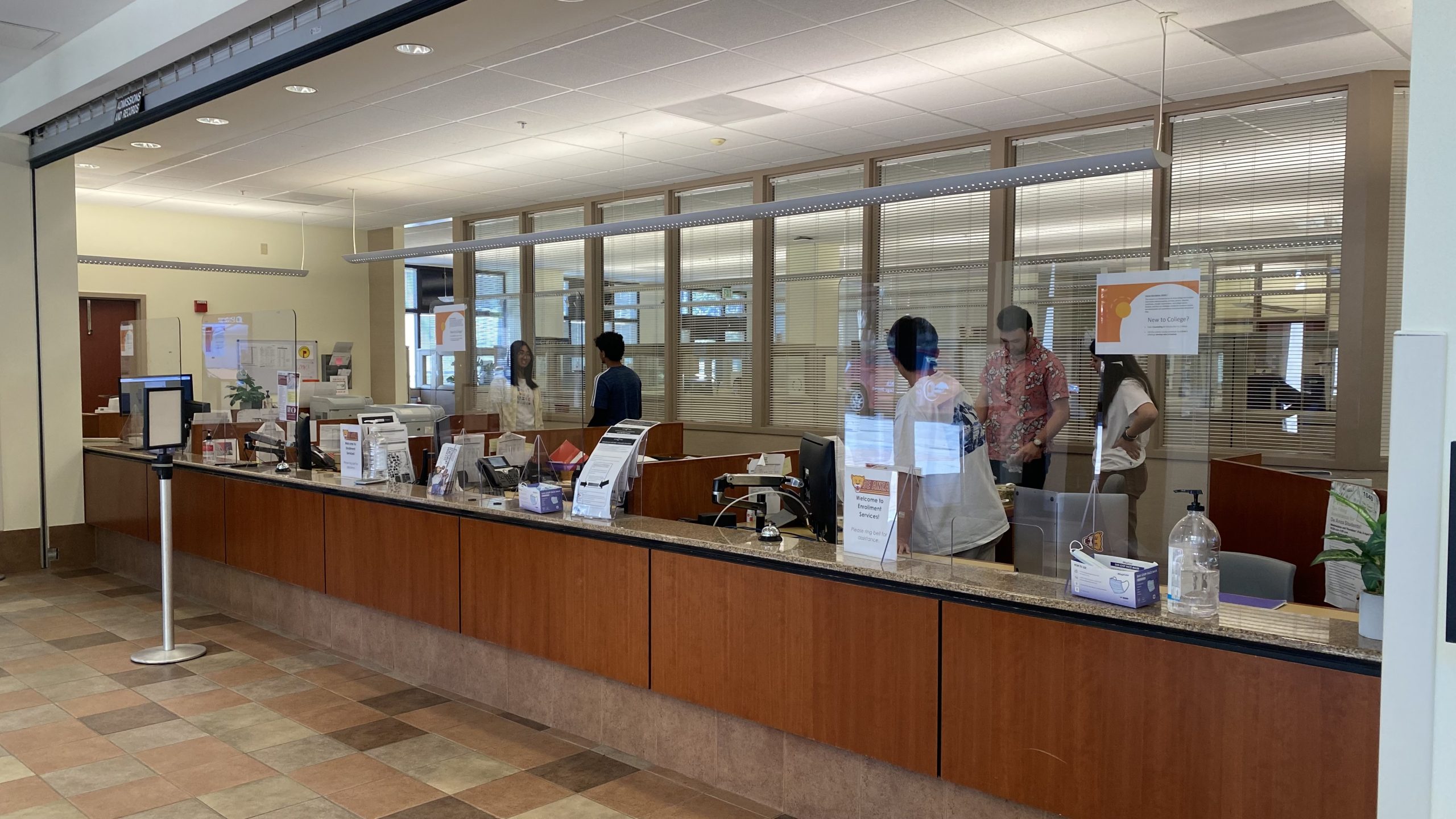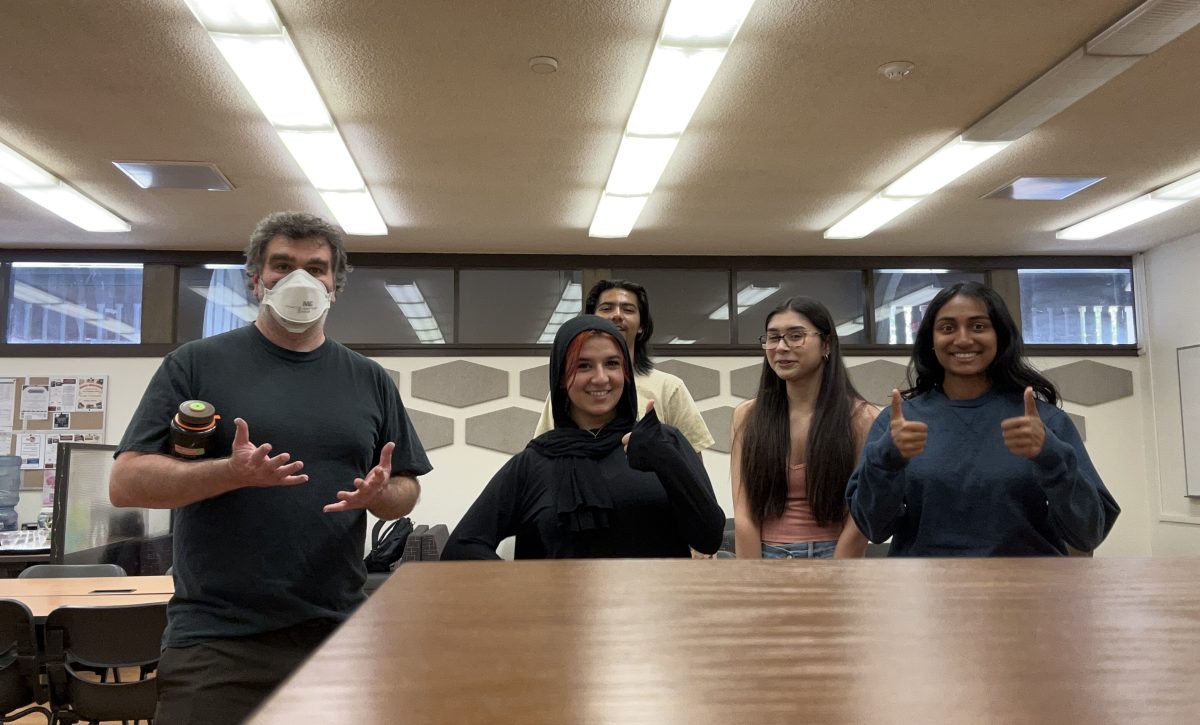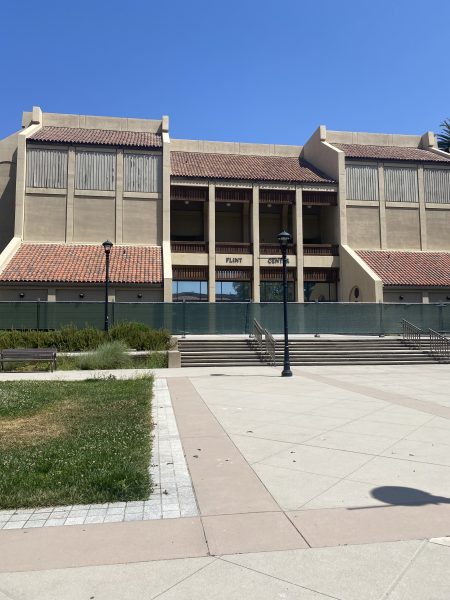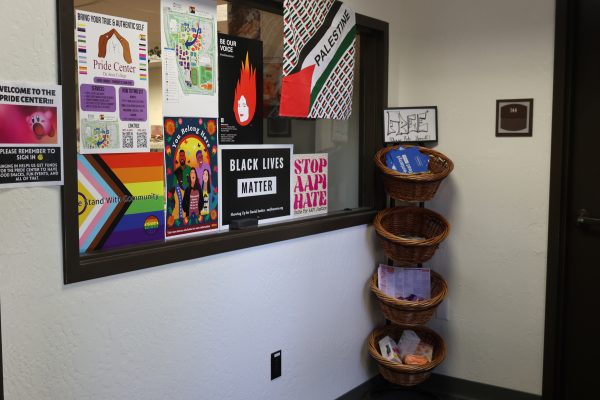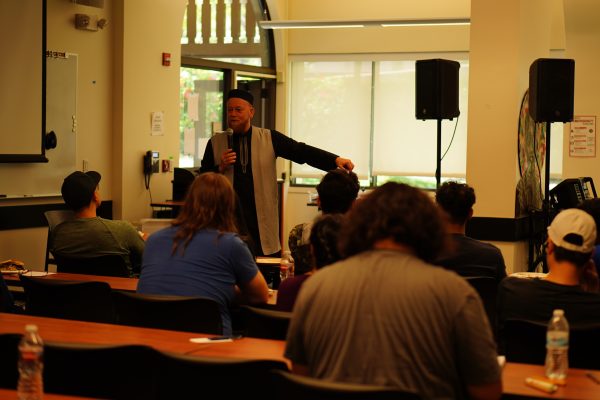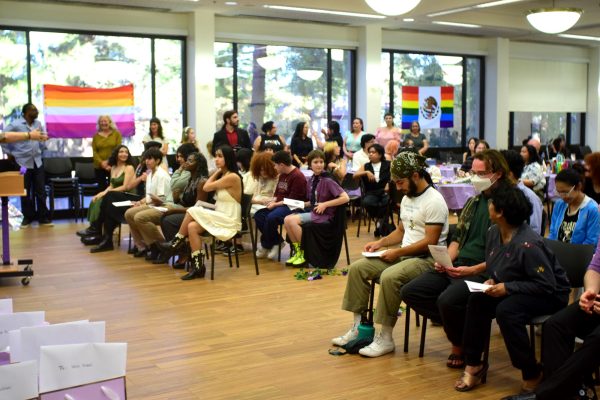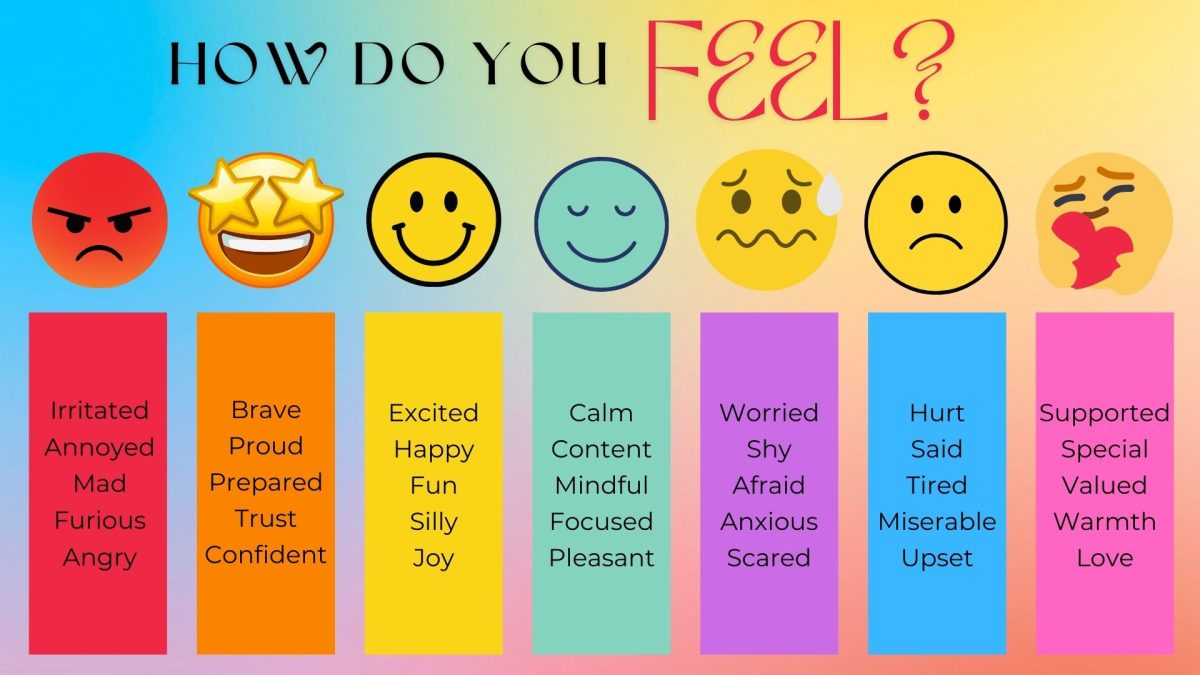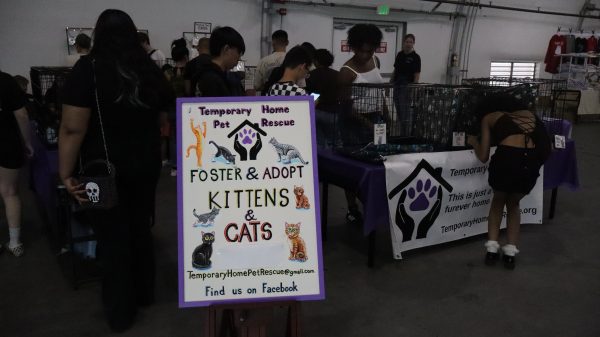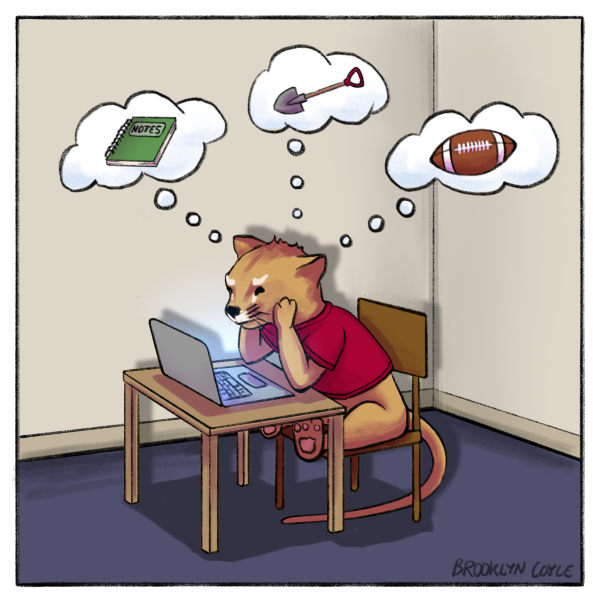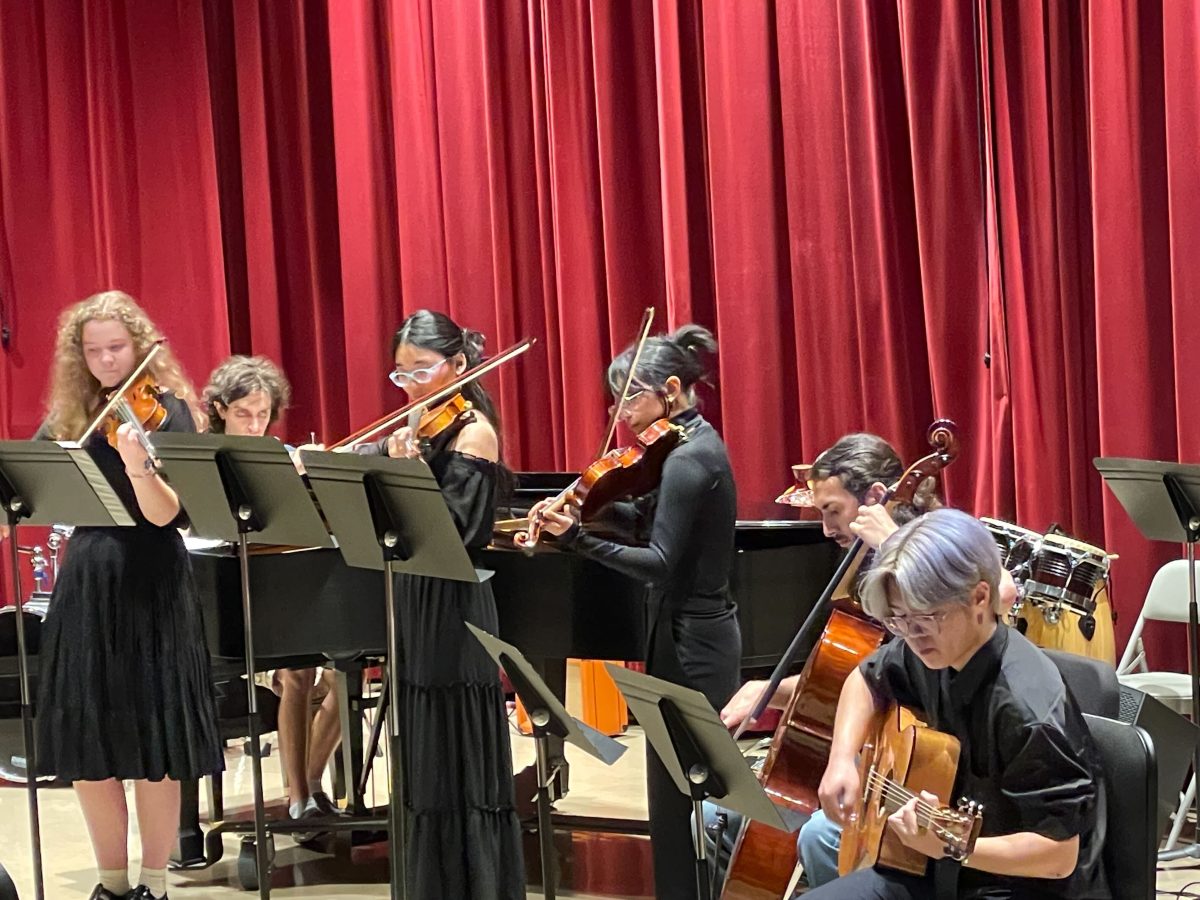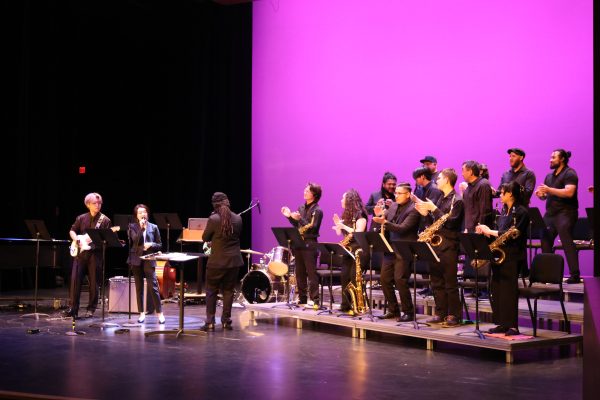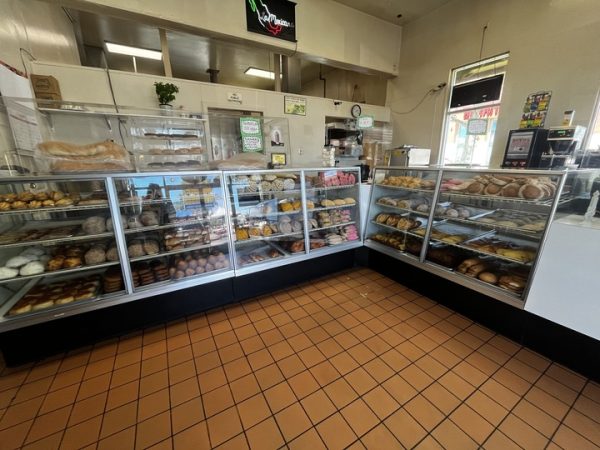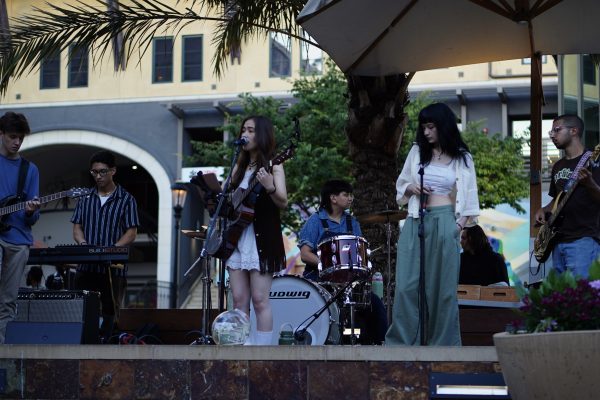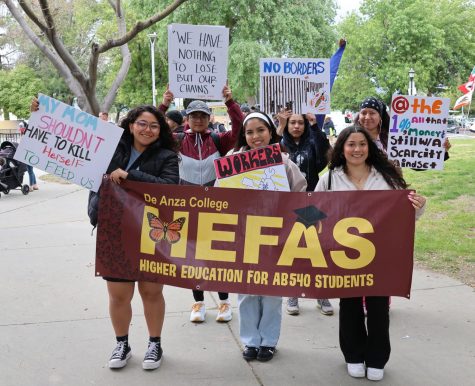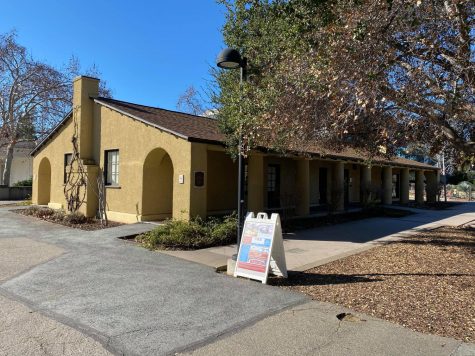A Journalist and her stories about immigration
October 28, 2018
“A discussion on immigration and journalism” was presented by Sonia Nazario, a reporter who writes about social justice issues and focuses a lot on children coming to the United States alone, at Hinson Campus Center on Oct. 17.
In 2003, Nazario’s six-part Los Angeles Times series “Enrique’s Journey” was awarded the Pulitzer Prize for Feature Writing. “Enrique’s Journey” portrays the true story of a Honduran boy who was willing to travel at all costs to reach his mother.
The event was hosted by De Anza’s Journalism Department and Vasconcellos Institute for Democracy in Action.
As a journalist, Nazario believed her personal loyalty was her readers. She had to accept ethical rules and report the harsh reality.
In California, one in four people are born in another country, 7 percent of all people in California are undocumented. 17 percent students have undocumented parents, according to Nazario.
She started to learn about these children two decades ago because of her nanny, also a single mom, who came from Guatemala and left her four children behind without options.
These children face the rising gang violence while running to reach safety, leaving Guatemala, El Salvador and Honduras.
“The core value that makes who we are in this country, is that America do not sent vulnerable children running from harm, back to that harm,” Nazario said.
Samuel Carvantes, 21, economics and mathematics major, said he felt a personal connection to Nazario’s research and story.
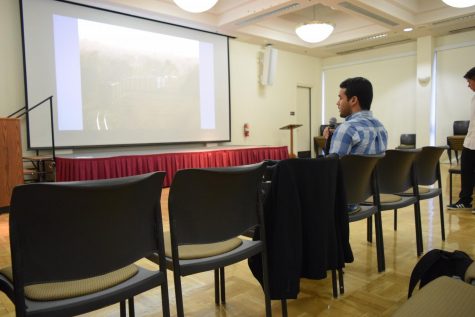
Samuel Cervantes, 21, economics and mathematics major, asks a question during the Q and A session.
“Even if you’re not part of the community that she talks about, I feel like it’s still impacts you and people from around the world. As a Chicano, I also
have family members who are from Central America. I know at least one of them made the journey that Sonia talked about,” said Cervantes.
“I feel like we’ve heard these stories before, and we want to look away, because they’re so sad. And for a long time, I try to block it. That’s what I’ve been doing. But when you pay attention, like I did today, I guess it shocks you so much, that you realize that you can’t really ignore it. It’s irresponsible to ignore it.”



